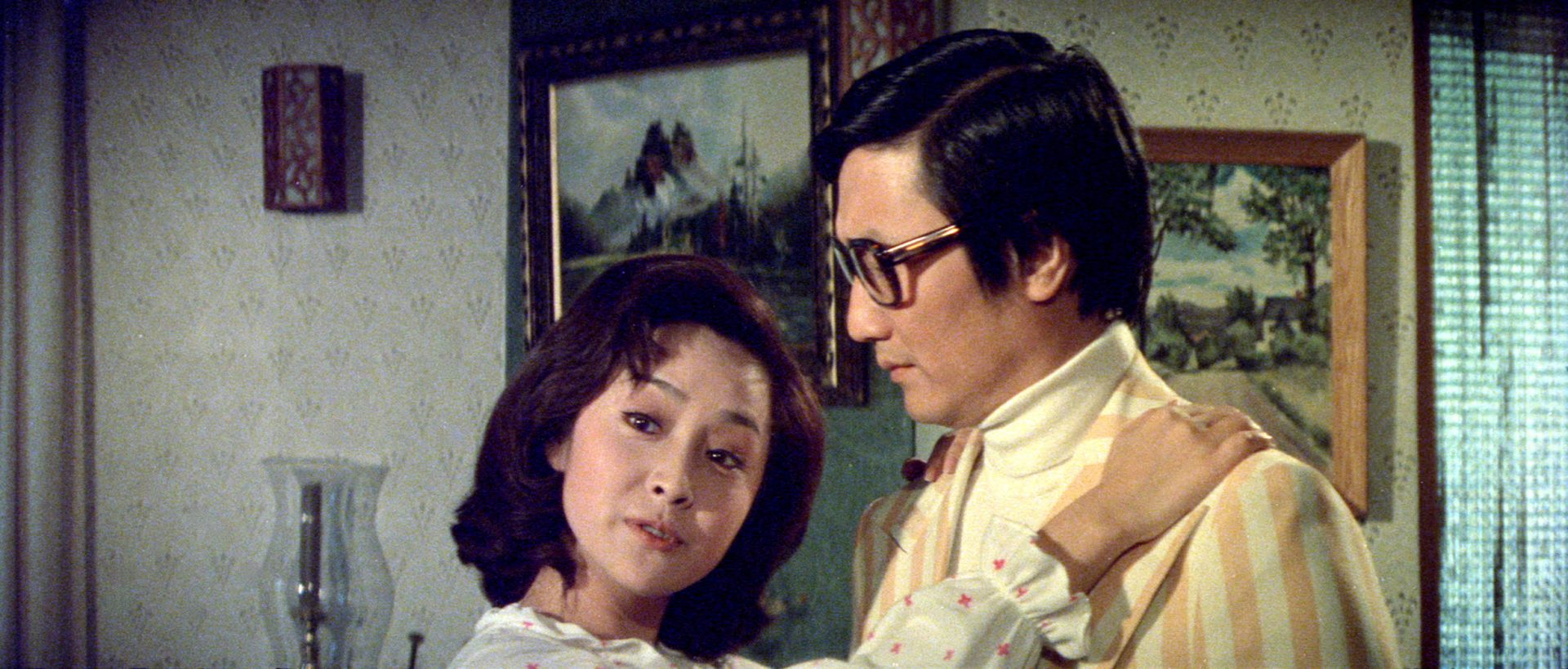Hsing Lee’s 1974 film, like many, has been restored as part of the 2017 Taiwanese culture revival. As severe as a melodrama can get, Where The Seagull Flies looks at a young woman’s freedom and the crippling expectations as she considers marriage.
Masterless and free, Yang Yushang shares a great deal in common with her seagull namesake. The two make their own decisions, fleeting from place to place, yet feel a need to return to a nesting place. Making one hell of an impact, Yushang first meets Yu Muhuai onboard a boat in Hong Kong where she feigns suicide. Muhuai then happens upon Yushang several more times – each time seemingly having forgotten meeting him. The mystery deepens as the pair grow closer until revelations reveal themselves to bombastic consequences.
Tired of her toying, Muhuai rejects her. Besmirched, humiliated, and spiteful – Yushang turns to the suitor who has tirelessly pursued her, Ou Shiche, failing to see the callous greed behind the man’s intentions. If it seems the excessive melodrama is already overkilling, we’re only halfway through the film.
There’s little wonder why Muhuai infatuates himself so with Yushang, given Zhen Zhen’s lusciously engaging performance. The chemistry between the pair is tangible, demonstrating itself most in their erupting passion and aggression. This isn’t a romance of cooing, with the pair equally as volatile and argumentative as they are sweet or gentile. It’s refreshing, and had the film maintained this sense of equality there’s a strong chance it would stand firmer as a classic.
Inexplicably, Zhen Zhen’s embodiment of the character survives the ageing process of the film, even overcoming the severely disappointing, though period-permitting, attitudes towards women and marriage. As Yushang is frequently reminded of her lacking daintiness, rather than oppose expectations she succumbs to a perceived ‘maturing’, not only becoming more feminine but a ‘better wife’ due to her time spent surviving an abusive relationship. Yet, there’s a grace and unquenched thirst to the performance which supersedes the writing as a woman still determined to remain who she is, regardless of societal pressure.
And here’s the rub – the rather twisted motivations behind Yushang’s deception that Where The Seagull Flies was banking on steadily slathers itself in the honey of a traditional melodramatic romance. Stripping back the potential the film had for a powerful, if sombre, ending, it instead opts for a merrier note which dampens the overall impact of the film. Its depiction of an abusive relationship is upsettingly carried for laughs more often than not, but it does have the gall to acknowledge the difficulties women find in divorcing their partners – especially in cultures where parental consent plays a large part.
And if you somehow miss the melodramatic moments, fret not, Hung-Yuan Tso‘s score is as subtle as a train wreck on a boat. Stranger still – it somehow works. Almost like the climactic beats of a soap opera, a familiar three-bar tempo frequently plays throughout the film to reinforce the impact. Similarly, Cheng-Ying Lai‘s framing is photogenic or holds like a tableau – a precise moment captured, to further make the stakes clear to the audience. Several instances of the film could be framed, a mesmeric composition of light, playing with the shades of cityscapes, with dark backgrounds contrasting against the opulence of high-class families.
Bathing itself in overwrought melodrama, Where The Seagull Flies basks in precisely what it wants to be. What saves an ageing script is the sheer nerve of Zhen Zhen’s performance, in carrying a fascinating role which ensnares more than her love interest, but the audience’s heart. Coupled with spectacularly inventive cinematography, Hsing Lee’s film is a neurotic mess of pathos, but conducts itself in such a self-assured manner that it can’t help but be appreciated.
Screening as part of Taiwan Film Festival Edinburgh
